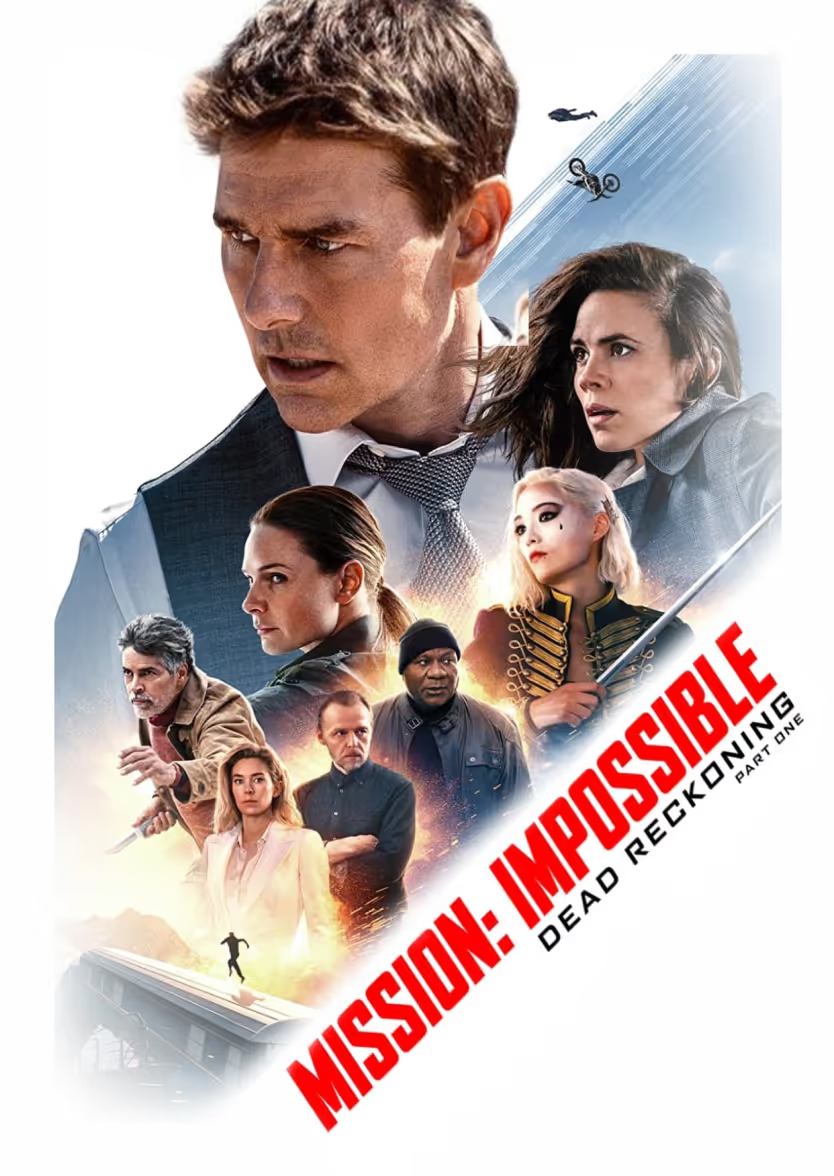In 1980, the great philosopher Herry Monster, a resident of Sesame Street in New York City, introduced the world to the song “Two Heads are Better Than One.” Some of the lyrics go:
‘And between the two of you, you can solve
Any problem that comes up
It's much better to be two,
'Cause what you don't know or can't figure out
You can try, too!’
Of course Herry’s explanation of teamwork to his friend, the Two Headed Monster, hardly has the nuance regarding human relationships that a book like Attached* has, but it certainly boils the sentiment down quite nicely. Successfully collaborating can make the impossible possible, but how does one successfully and mindfully do so?
While every situation is unique, the answer is simple... R.E.S.P.E.C.T. Giving and expecting a basic level of respect is a great north star, but following this can be easier said than done.
*While Attached is a book that is framed through the prism of “romantic” relationships, this author believes it is hands down one of the best books you can read about navigating/ processing both personal and professional relationships.

How To Be Mindful Through Respect
- Everyone Is Different
Understand others are allowed to have different working styles and time to process something, just as you are. Remove the ego and ask yourself if there is any downside to trying a new way.
- Compliment
If you see someone working hard or doing a good job, tell them! Everyone likes to feel valued and it can also help build an environment where others follow your lead.
- Healthy Conflict
Being mindful does not always mean holding your tongue, nor does it mean you always have to get a word in. However, you shouldn’t be afraid to challenge each others ideas, which can expand your point of view to a place you might not otherwise have thought of. An aligned set of goals is a great way to check in with yourself and get through all sorts of challenges.
- Try To Agree On A Plan From The Outset
If possible, spend time to find some of the same goals for the team and for yourself.
Some healthy team goals include:
- Finishing your work on time.
- Equal share of the work.
- Finding a way to play to everyone’s strengths.
- Making people feel heard and respected, especially if you don’t agree with an idea or approach.
- Avoid unhealthy competition and credit hogging. Remember that a rising tide lifts all boats.
Some healthy personal goals include:
- Trying to speak more.
- Trying to speak less.
- Sticking up for yourself.
- Not always needing to say the last word.
- Making sure you’re doing your share of the work.
- Helping someone feel comfortable.
- We’re All Allowed To Have Bad Days
Life happens, as the past year has proven. We’re all allowed to have a bad day. If a coworker is extra snippy or passive aggressive today, remember it is better to be proactive than reactive. Ask them if they’re okay and see if there is anything you can do. If they respond well, then great. If they don’t, odds are it is not about you and you should carry on with your day. If you are the person having a short fuse today, it’s okay to own it; apologize and move on. Of course, this is not a free pass for anyone to cross unacceptable boundaries.
Create together remotely, in real time

Understand the Power Dynamics Of Your Relationships
When collaborating there are a lot of elements that can influence a group's power dynamics. Let’s break them down into two categories:
- WORKPLACE FACTORS: If you are a superior, there needs to be more of an effort to make others feel heard so they can speak openly. If you report to someone, respect that they have final say. Everyone likes to feel essential and respected, so treat others the way you want to be treated.
- SOCIETAL FACTORS: This is where you have to confront issues much bigger than just basic interpersonal communication. The world is filled with subconscious influences on how people may view someone based on their race, gender, sexual orientation or a lifestyle choice you don’t understand. Be aware of these biases and understand that someone having to face adversity because of who they are doesn’t invalidate any struggle or work you do. It just means you may have the luxury of not having even more to contend with day to day, so give everyone the baseline of empathy and decency we all deserve.
- Therapy
There is still stigma and shame around going to therapy. But how can you expect to mindfully collaborate and be there for others if you don’t even know how to be there for yourself? There is nothing wrong with trying to understand yourself better. It is the best way to learn how to build healthy relationships in and outside of work.

How To Know When To Call It Quits
Trust is important for any type of relationship, and it is something that can also be broken. So how do you know when enough is enough on a project?
Unfortunately, that is a personal decision that only you can know, so treat yourself with the same respect you would show others f when it comes to knowing where the line is.
Here is some advice on how to frame your dilemma:
- Give The Problem Space
If you are concerned that you are in a group or team that is not healthy, then check in with yourself to make sure you tried everything you can. Then, for good measure give it one more try and ask a colleague for their perspective. If you still feel like you have done everything you can think of, stay true to that and start considering more serious options.
- Ask For Help
Talk to a superior or HR and ask to be reassigned or for help navigating the unhealthy dynamics.
- Moving On
If your supervisor or company as whole is the issue, then know that it’s okay to move on and try to find a healthier work environment.
Not every collaboration needs to be a success. Being mindful does not always mean preventing a relationship from running its course. Sometimes, it just means respecting yourself and that is a line only you can decide.















.avif)









.avif)


.avif)